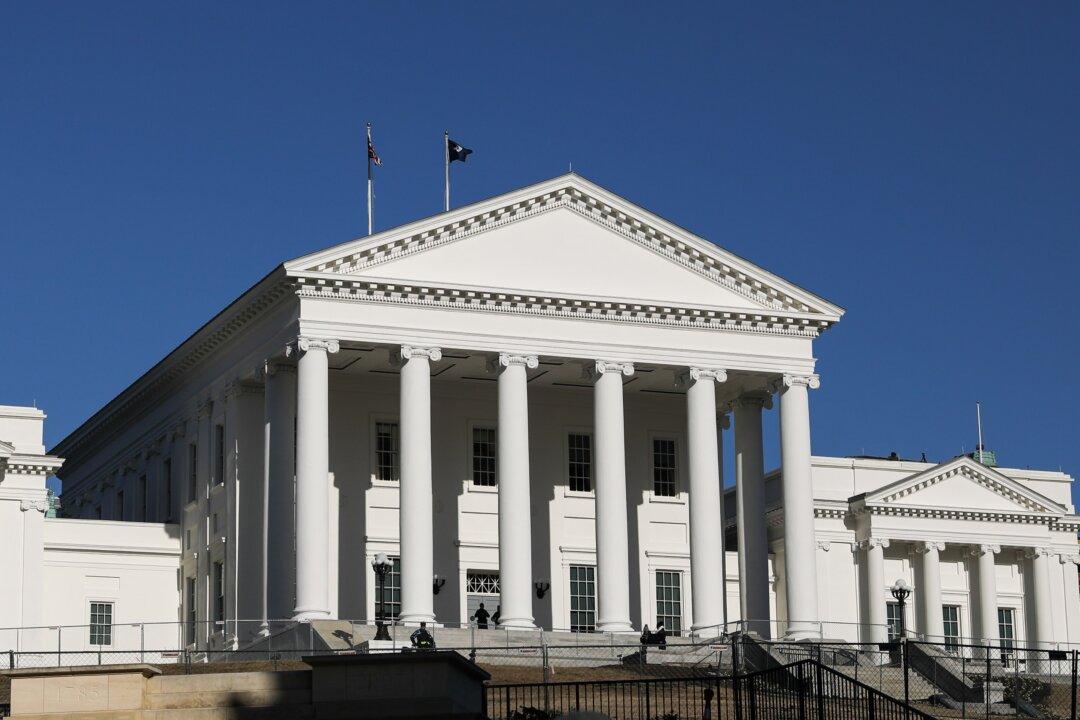A Virginia-based law firm has filed a legal action against Gov. Glenn Youngkin’s administration for withdrawing from the Regional Greenhouse Gas Initiative (RGGI).
The Southern Environmental Law Center (SELC) filed a petition on behalf of the Association of Energy Conservation Professionals, Virginia Interfaith Power and Light, Appalachian Voices, and Faith Alliance for Climate Solutions in Fairfax Circuit Court challenging the Youngkin administration for withdrawing Virginia from the RGGI.





